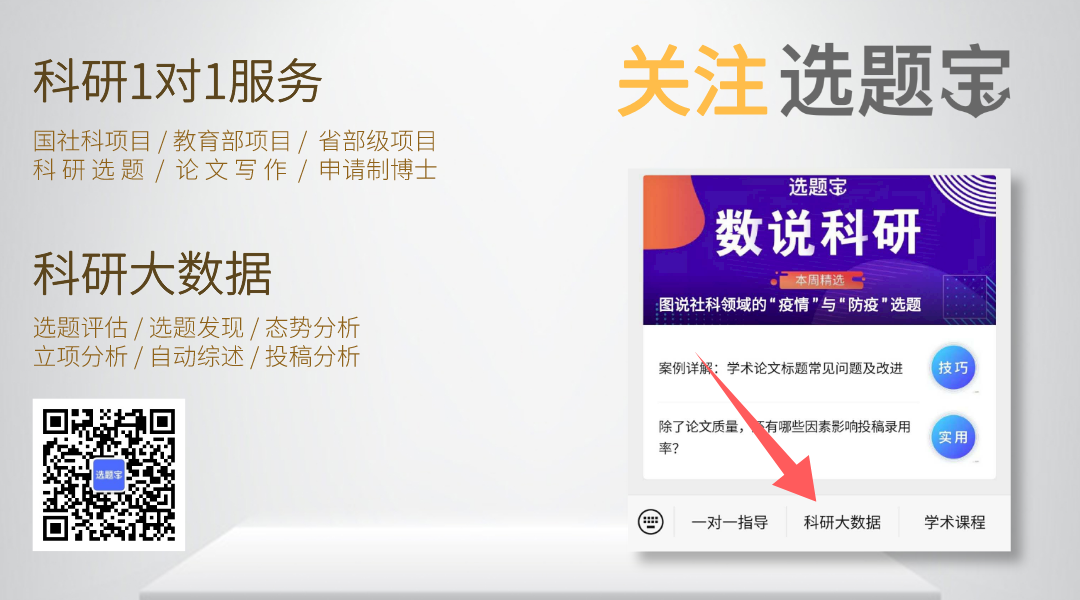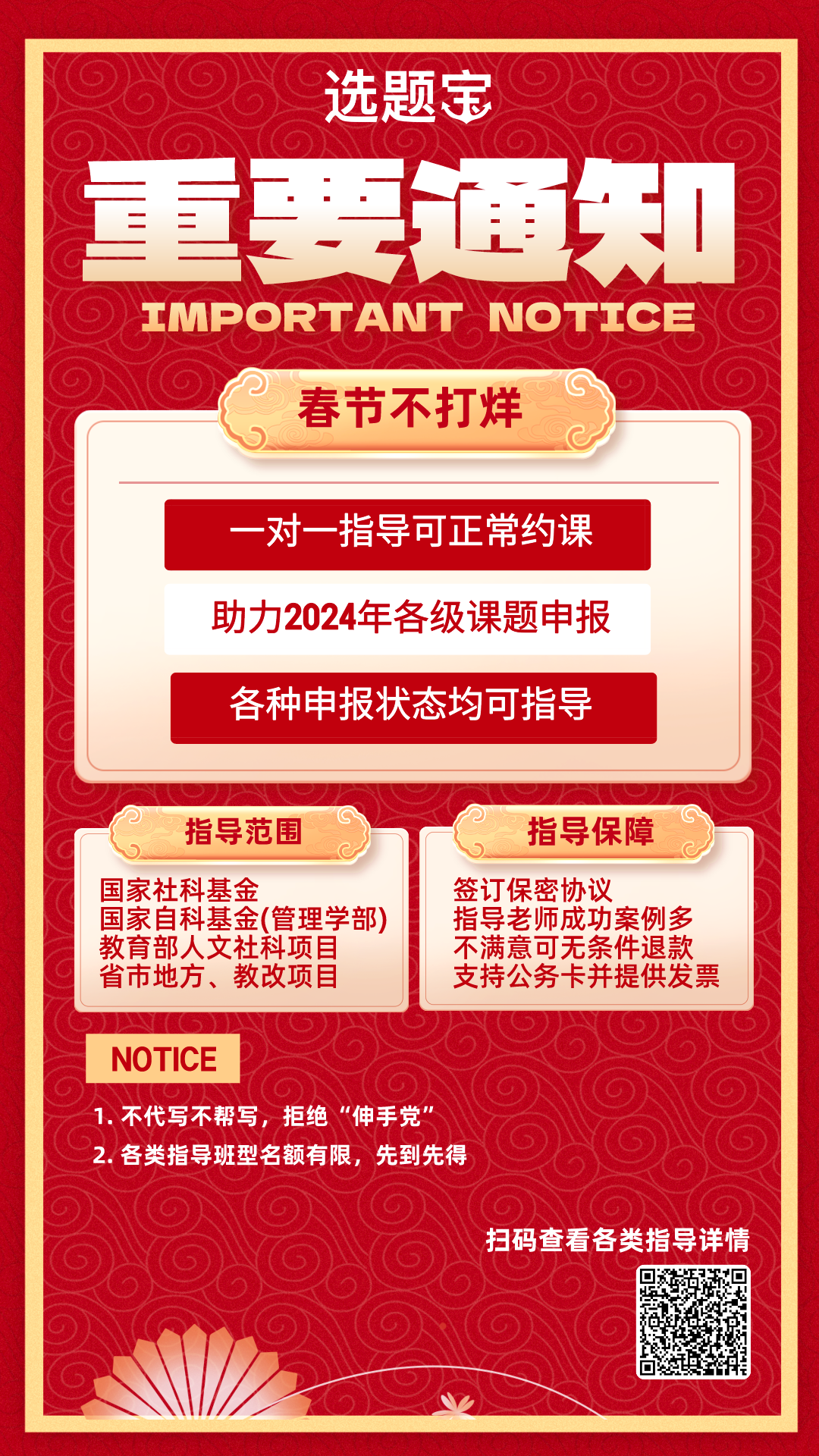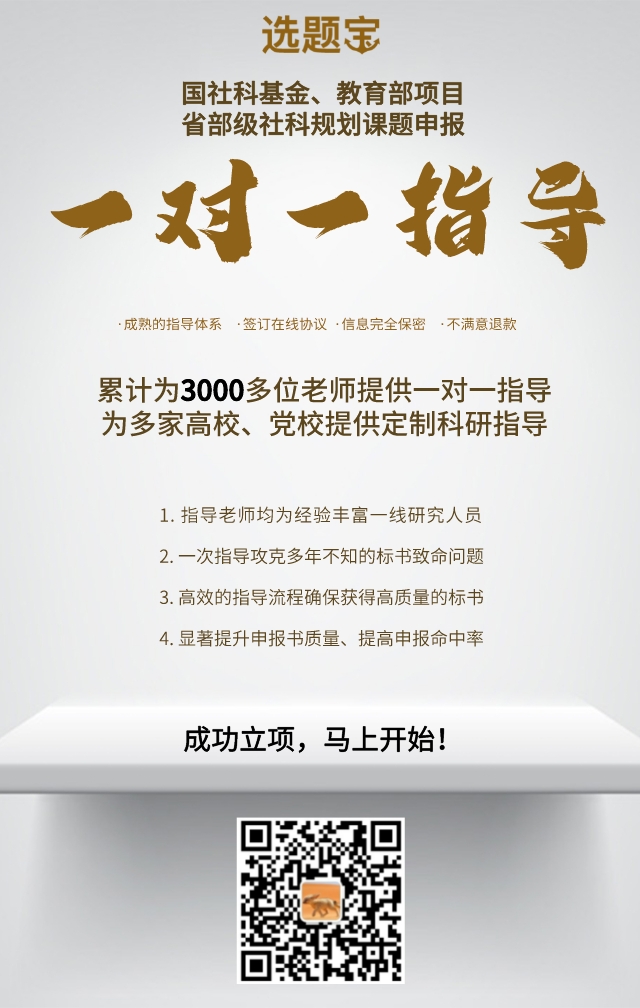SSCI《R&D Management》征稿: 产出应对重大挑战的知识
2025年08月15日
截止日期:2026/01/04 23:59
征稿期刊
R&D Management
期刊级别
IF 5.7 (JCR 2024)
SSCI
Q1 (BUSINESS 59/316)
Q1 (MANAGEMENT 77/420)
征稿主题
The Role of Academia, Corporate Research, and Intermediaries in Producing Knowledge to Address Grand Challenges
细分领域
Motivations and incentives for academics, corporate researchers and R&D managers in scientific knowledge production for Grand Challenges
What motivates academics to engage in scientific research addressing Grand Challenges?
How does the urgency of Grand Challenges shape individual scientists' research agendas, influencing their willingness to pursue unconventional or applied research pathways?
How can PhD students be trained to favor research and training adapted to Grand Challenges?
How do academics react to universities' schemes and incentives to address Grand Challenges?
How do individual-level interactions contribute to creating productive spaces for knowledge co-creation addressing Grand Challenges?
How do academics in RTOs research Grand Challenges differently compared to academics in more traditional universities?
How do R&D managers prioritize Grand Challenges within corporate research agenda?
How do firms’ incentive structures shape R&D managers’ support for Grand-Challenge projects?
What motivates R&D managers to initiate and sustain collaborations with universities on Grand-Challenge topics?
Academic engagement and academic entrepreneurship in scientific knowledge production for Grand Challenges
How do academic engagement and academic entrepreneurship evolve when addressing Grand Challenges?
What motivations and incentives drive academics to collaborate with industry in scientific knowledge production for Grand Challenges?
What tensions arise between academic goals (e.g., open knowledge creation, fundamental research) and industry needs (e.g., proprietary knowledge, commercialization) in the context of Grand Challenges?
How does Academic Engagement impact research productivity, knowledge quality, and the diffusion of scientific knowledge to broader societal stakeholders?
How does academic entrepreneurship related to Grand Challenges affect scientific knowledge production?
Is there a “dark side” to academic entrepreneurship or university-industry collaborations when addressing Grand Challenges (e.g., conflicts of interest, knowledge privatization, misconduct, and fraud)?
How do developing countries navigate the tensions between knowledge production, commercialization, and societal impact?
Are existing frameworks for academic engagement sufficiently flexible to accommodate developing countries’ diverse realities, or do they impose constraints that limit innovative solutions tailored to non-Western contexts?
What alternative models of collaboration and knowledge production emerge in regions where Grand Challenges are an immediate existential threat rather than a long-term policy concern?
The role of firms, corporate research and R&D Management departments in scientific knowledge production for Grand Challenges
How are firms structuring (in novel ways) their research collaborations with universities to contribute to Grand Challenges?
How do R&D and innovation departments decide which Grand Challenges to prioritize, and how do they reconfigure internal decision-rights, KPIs, and incentive systems to sustain those long-run missions?
How do firms search for, screen, and absorb scientific knowledge differently in the context of Grand Challenges?
What emerging open innovation practices are firms adopting to support science-based innovation aimed at addressing Grand Challenges?
Under what conditions do firms adopt citizen-science or living-lab approaches, and how do these influence research problem framing, experiment design, and the legitimacy of corporate science?
How do corporate science strategies balance open research and proprietary innovation in addressing global challenges?
How do corporate interests contribute to shaping spaces for knowledge coproduction?
How do emerging models of collaboration—such as citizen science, healthcare partnerships, and engagement with NGOs—affect corporate contributions to scientific knowledge?
How do firms recruit, develop, and retain scientists who are motivated by prosocial impact, and what career pathways allow them to move fluidly between corporate and academic environments?
How can corporate scientists be involved in the production of scientific knowledge for Grand Challenges?
The role of intermediaries in facilitating scientific knowledge production for Grand Challenges
How do intermediaries support the production of scientific knowledge to address Grand Challenges?
What new roles and challenges do TTOs, living labs, and similar organizations face when facilitating scientific knowledge production for Grand Challenges?
How can intermediaries integrate citizens and non-traditional stakeholders into scientific knowledge creation, and what are the benefits or challenges of such approaches?
重要时间
Abstract Deadline: 4 January 2026
Submission Deadline: 1 May 2026


推荐内容
- 中国上市公司协会关于申报2024年度研究课题公告
- 《中国社会科学院研究生院学报》(C扩)2020年重点选题
- 《音乐与声音研究》征稿启事
- 面向全国|西华大学“四川省铸牢中华民族共同体意识研究基地” 2025年度课题申报公告
- 《上海交通大学学报(哲社版)》2026年十大重点选题
- 广东省哲学社会科学“十三五”规划2019年度项目“外语信息化专项”申报通知
- 2026年度天津市艺术科学规划项目申报公告
- 2021中国新闻史学会健康传播专业委员会年会暨第四届“医疗、人文与媒介:健康中国与健康传播研究”国际学术研讨会
- 德阳市2022年度社会科学规划项目(普及项目)申报通知
- 襄阳市社科联2025年度“汉江智库” 课题项目的通知



